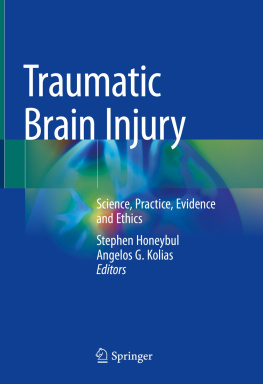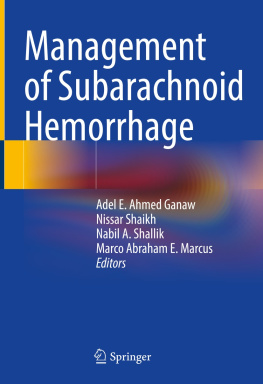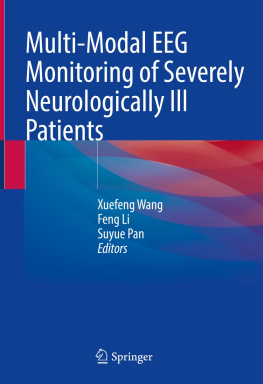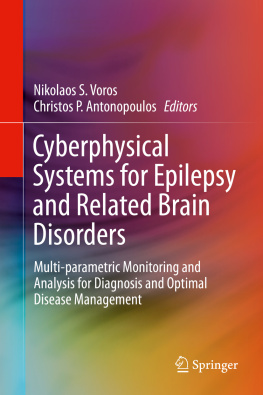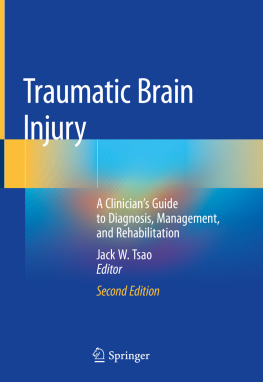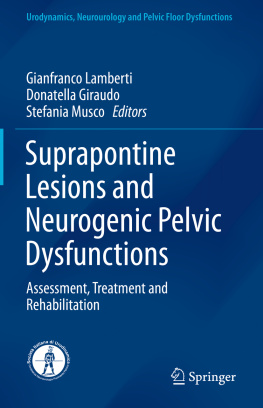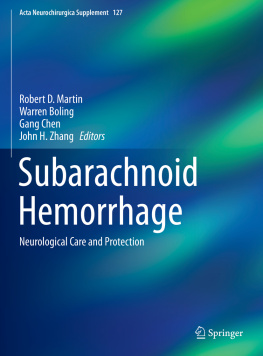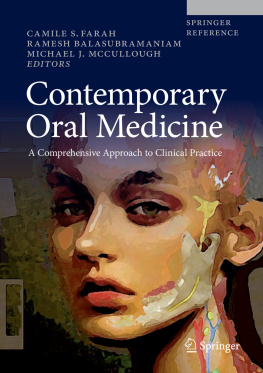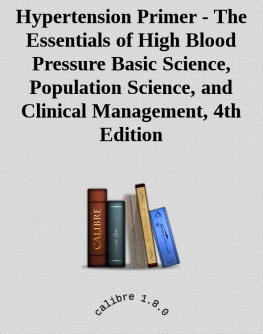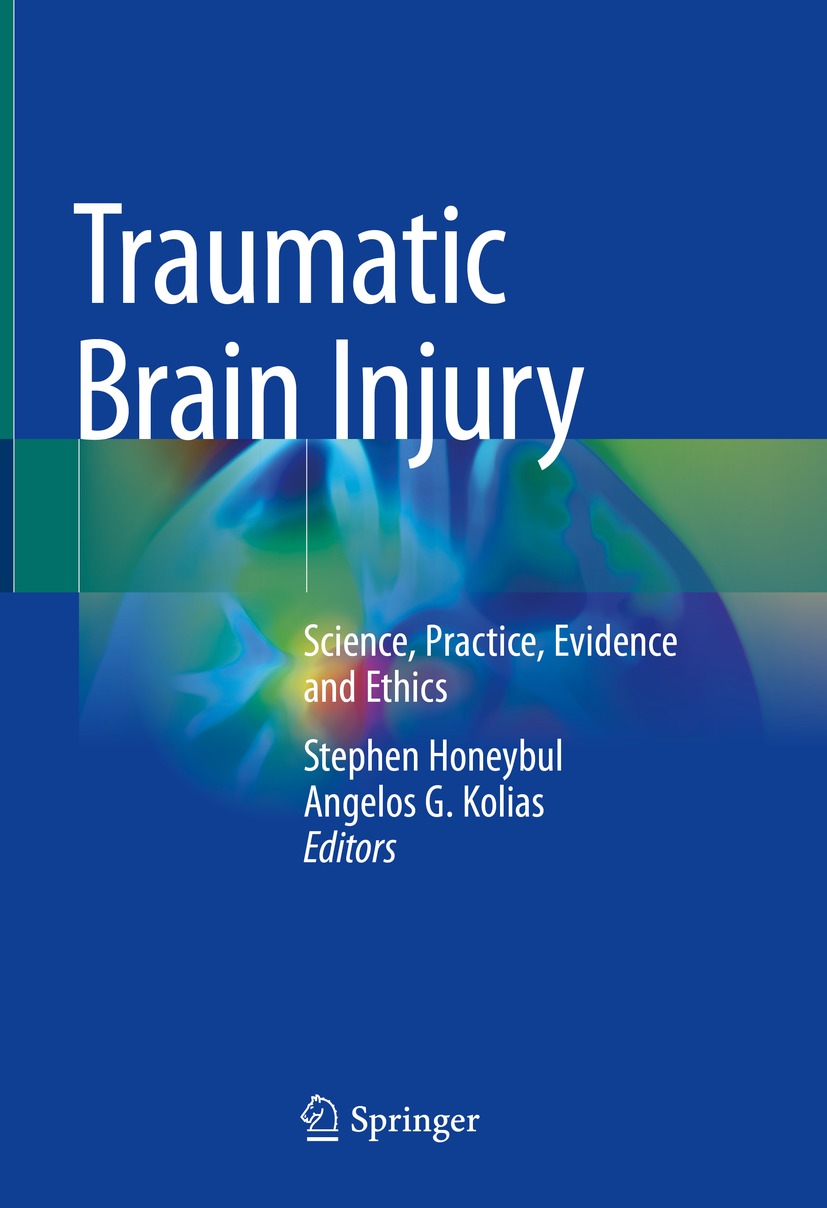Editors
Stephen Honeybul
Department of Neurosurgery, Sir Charles Gairdner and Royal Perth Hospitals, Perth, WA, Australia
Angelos G. Kolias
Division of Neurosurgery, Department of Clinical Neurosciences, University of Cambridge and Addenbrookes Hospital, Cambridge, UK
ISBN 978-3-030-78074-6 e-ISBN 978-3-030-78075-3
https://doi.org/10.1007/978-3-030-78075-3
Springer Nature Switzerland AG 2021
This work is subject to copyright. All rights are reserved by the Publisher, whether the whole or part of the material is concerned, specifically the rights of translation, reprinting, reuse of illustrations, recitation, broadcasting, reproduction on microfilms or in any other physical way, and transmission or information storage and retrieval, electronic adaptation, computer software, or by similar or dissimilar methodology now known or hereafter developed.
The use of general descriptive names, registered names, trademarks, service marks, etc. in this publication does not imply, even in the absence of a specific statement, that such names are exempt from the relevant protective laws and regulations and therefore free for general use.
The publisher, the authors and the editors are safe to assume that the advice and information in this book are believed to be true and accurate at the date of publication. Neither the publisher nor the authors or the editors give a warranty, expressed or implied, with respect to the material contained herein or for any errors or omissions that may have been made. The publisher remains neutral with regard to jurisdictional claims in published maps and institutional affiliations.
This Springer imprint is published by the registered company Springer Nature Switzerland AG
The registered company address is: Gewerbestrasse 11, 6330 Cham, Switzerland
Preface
It is often stated in the literature that traumatic brain injury TBI is a silent epidemic with an estimated 6474 million new cases presenting each year. It is called silent because the long-term impairments suffered by many TBI patients, such as memory loss, cognitive dysfunction or behavioural disturbance, are often not visible. However, there is a growing realization that robust pre-hospital, acute in-hospital, and post-acute/long-term care delivered by various disciplines with specific areas of expertise is paramount to optimize patient outcomes. As healthcare systems are implementing pathways for managing TBI patients from the scene of the injury and beyond discharge from the acute setting, we can be optimistic that the silence will eventually be broken.
At the same time, the involvement of several disciplines, each approaching the TBI patient from slightly different angles, poses a challenge. Different disciplines often use different languages and may approach the same issue in a different way. An appreciation of the key concepts underpinning TBI management by all disciplines involved is essential if we are to develop a common TBI language.
The present book aims to facilitate the development of a common TBI language by covering key concepts. We have organized it into four distinct but interrelated parts:
I.
Scientific background
II.
Current clinical practice
III.
Evidence
IV.
Ethical considerations
The first part covers topics that TBI books traditionally cover (i.e. epidemiology, pathophysiology) but we also wanted to touch upon novel insights generated by new disciplines (e.g. brain mechanics). The second part covers current clinical practice from the scene of the injury to long-term rehabilitation. We decided to have separate chapters discussing the management of TBI in resource-limited settings, as there is a growing appreciation that when the resources are vastly different, a one size fits all approach (or guideline) for high-income countries (HICs) and low- and middle-income countries (LMICs) is inappropriate. The third part is discussing evidence. We are proponents of evidence-based medicine, but we also appreciate its limitations. Hence, this part provides a critical appraisal of the evidence underpinning key interventions (e.g. hypothermia, decompressive craniectomy) and key aspects of TBI (e.g. long-term neurological consequences). The fourth and final part is covering ethical considerations. Perhaps there is no other medical field with so many ethical issues, which is a reflection of two parameters in the definition of TBI: sudden trauma due to an external force that causes an alteration of brain functioning.
We would like to thank the authors of all chapters, as without their time and effort, you would not be holding this book in your hands. We sincerely hope that this book will contribute to the development of a common TBI language for all disciplines striving to optimize the outcomes of patients who have been unfortunate to suffer a TBI.
Financial Support
No financial support has been required for this research.
Conflict of Interest
None declared.
Stephen Honeybul
Angelos G. Kolias
Perth, WA, Australia Cambridge, UK
Acknowledgements
We would like to thank the authors of all chapters for their efforts in preparing some excellent content despite the Covid-19 pandemic, which has been a huge challenge for everyone. We also thank the Springer staff for their support in completing this book. We hope that you will enjoy reading it and that you will suggest it to your colleagues. If you would like to get in touch with comments or suggestions, please feel free to email us at Stephen.honeybul@health.wa.gov.au and angeloskolias@gmail.com .
Contents
Part IScientific Background
Corrado Iaccarino , A. Gerosa and E. Viaroli
Katherine R. Giordano and Jonathan Lifshitz
Michael Sutcliffe and Shijia Pan
Kwok M. Ho
Rianne G. F. Dolmans , Brittany M. Stopa and Marike L. D. Broekman
Part IICurrent Clinical Practice
David J. Barton and Francis X. Guyette
Enza La Monaca , Orazio Mandraffino , Deepak Gupta and Anna Teresa Mazzeo
Marcel Aries and Gerrit Schubert
Andrs M. Rubiano and Jeffrey V. Rosenfeld
Wellingson Silva Paiva , Davi J. Fontoura Solla and Stephen Honeybul
Brian P. Curry , Michael Cirivello , Melissa Meister , Jeffrey V. Rosenfeld and Randy S. Bell
Snigdha Saha and Stephen Honeybul
Niklas Marklund
H. Mee , L. M. Li and F. Anwar
Part IIIEvidence
Kwok M. Ho
Jussi P. Posti and Olli Tenovuo
Davi Jorge Fontoura Solla and Wellingson Silva Paiva
Omar K. Bangash , Kwok M. Ho and Stephen Honeybul
Stephen Honeybul
Sara Venturini , Peter Hutchinson and Angelos G. Kolias
Stephen Honeybul

